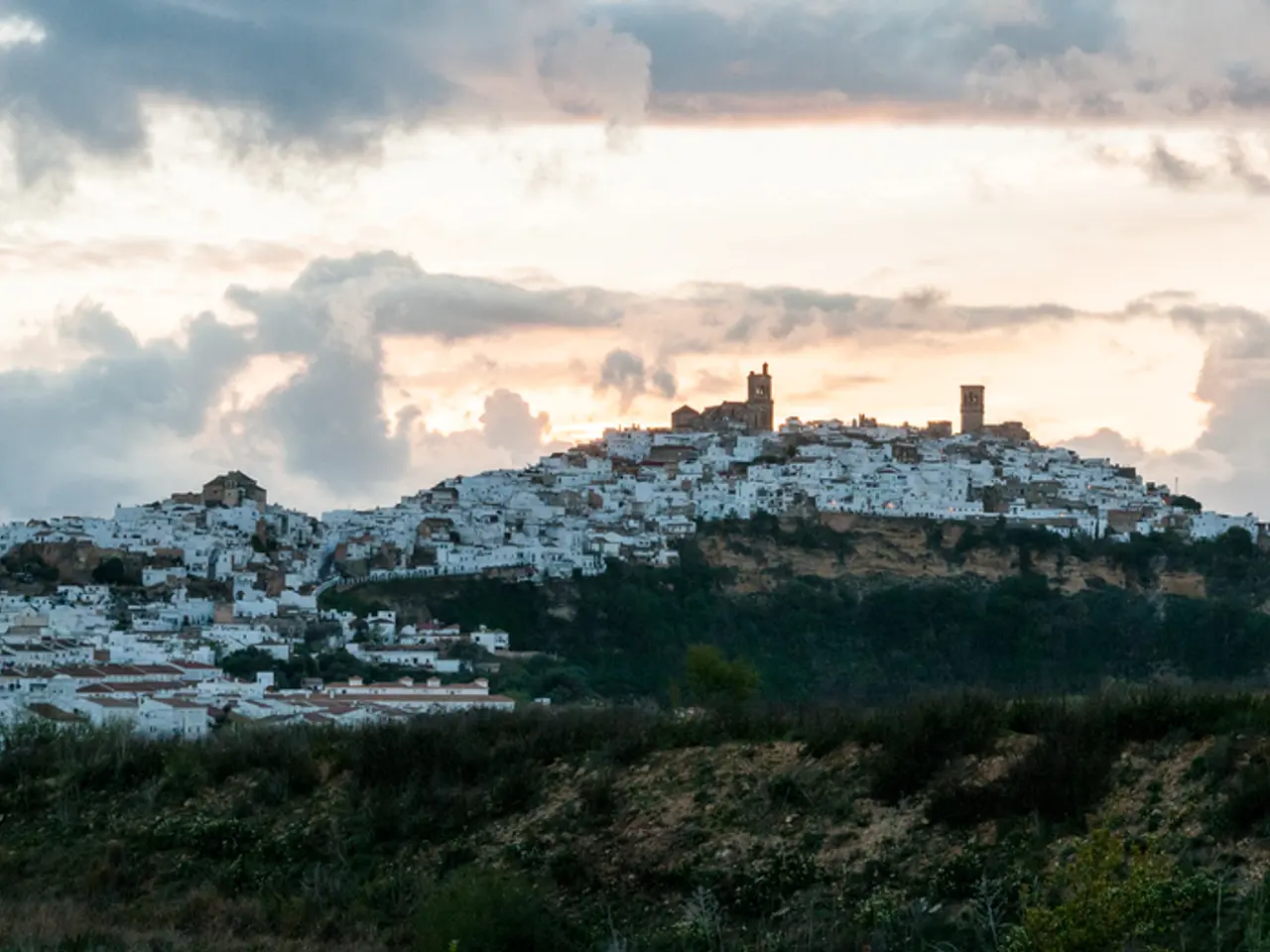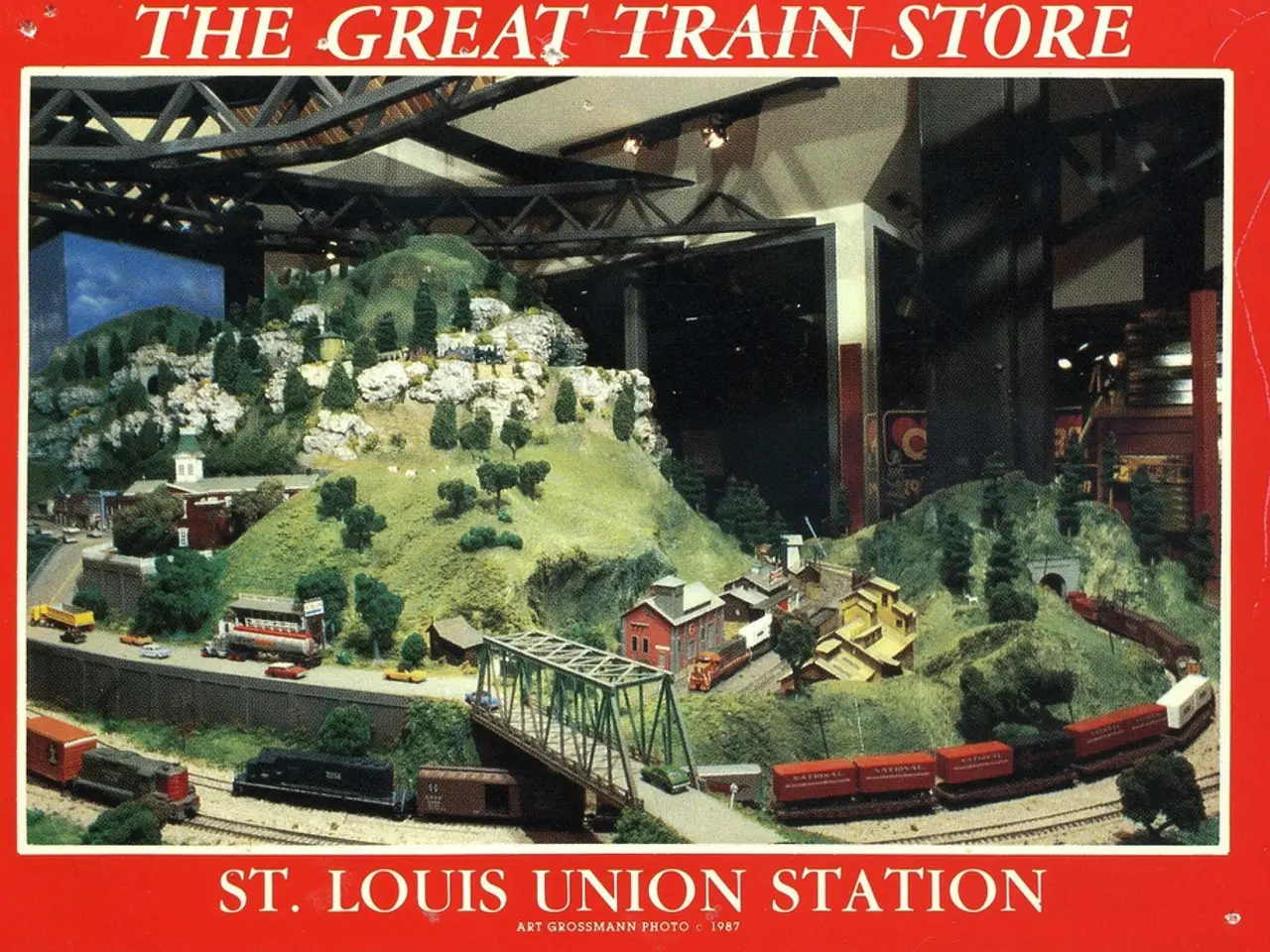Tips for Naming a Fantasy Metropolis: Innovative Strategies for Authors and Game Enthusiasts
When it comes to crafting authentic and memorable fantasy city names, a thoughtful approach is key. Here are some guidelines to help you create names that resonate with your audience and enhance the immersive experience of your world.
First, consider the feeling you want the city name to evoke. Is it mystical, haunted, a thieving guild hub, or something else? By asking yourself this question, you can ensure that the name aligns with the tone of your world.
Testing names aloud can also help determine if they sound distinct and fit the tone of your world. For example, a mountainous city might have a name like "Ironridge" or "Frosthelm," while a seaside harbor could be named "Marinth," "Saltwatch," or "Brinehaven."
Building with culture, shaping with geography, and inspiring through sound are important considerations when naming fantasy cities. Incorporate geographic features or local lore into the name, such as mountains, rivers, legendary figures, or founding myths. This provides evocative meaning and connection to the place’s identity, like "Greenstar" referencing a legendary event or landscape.
Mythological references can add layers of symbolic significance that resonate with your world’s belief systems or history. However, it's important to use them thoughtfully to avoid anachronism or mismatched elements.
Consistent naming conventions inspired by relevant linguistic models or real-world languages can help achieve natural-sounding and pronounceable names. Creating a naming lexicon based on the city's origin culture can also contribute to the authenticity of the name.
Pulling roots from Latin, Old English, or Sanskrit can create unique yet familiar-sounding names. For instance, using root fragments like "Thal" for sea or "Syl" for forest or spirit can help construct names that feel rooted in your world.
Inspiration for city names can be found in various game themes. Futuristic digital cities, jungle temples, and enchanted reels are just a few examples. Tools like fantasy name generators, which allow prompts for language style and cultural influence, can help generate ideas that you can refine further to match your world-building goals.
Rhythmic names are easier to remember, using techniques like alliteration, syllable mirroring, and compound words. For example, a city named "Starwyn Spire" for a sci-fi elf city, "Junglethrone" for a tropical lost empire, or "Vibrosa" for a rhythm-themed, neon-lit capital.
Finally, consider balancing uniqueness with recognizability to make the city name memorable but still believable within the story’s setting. A well-crafted fantasy city name can instantly shape a reader's or player's perception, immersing them in your world.
Tools like HighRoller, with its theme-rich environments, can help loosen creative boundaries and experiment with whimsical, dramatic, or unexpected name ideas. Whether you're creating a city in a high fantasy world or a futuristic metropolis, these guidelines can help you craft unforgettable names that bring your cities to life.
- To create fantasy names that enhance the immersive experience of a city, consider evoking the desired feeling by aligning the name with the city's tone, such as mystical, haunted, or a thieving guild hub.
- Evocative meaning and connection to a city's identity can be achieved by incorporating geographic features, local lore, or founding myths into the name, like "Greenstar" referencing a legendary event or landscape.
- Consulting fantasy name generators that allow for prompts on language style and cultural influence can help generate unique name ideas for cities in various themes, such as futuristic digital cities, jungle temples, or enchanted reels.
- Balancing uniqueness with recognizability is crucial for creating a memorable city name that still feels believable within the story's setting, like "Starwyn Spire," a sci-fi elf city, or "Junglethrone," a tropical lost empire.




